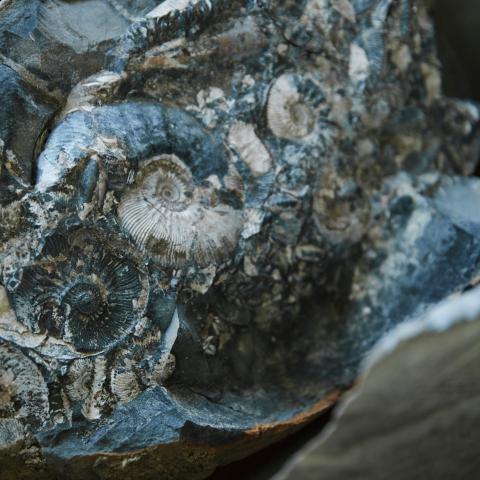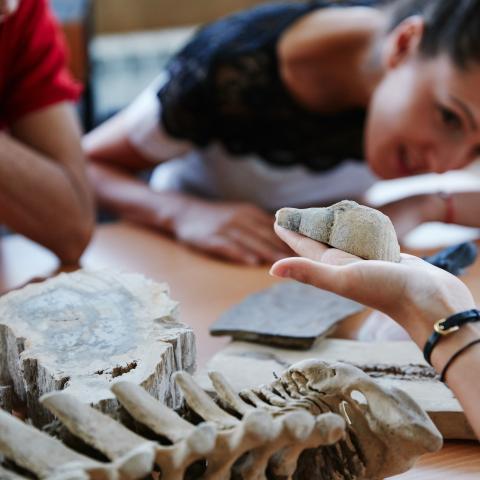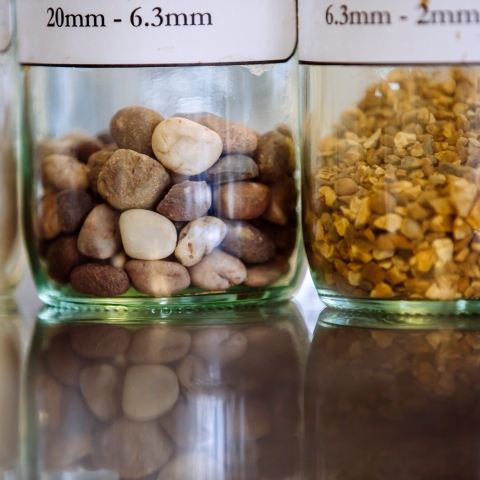
This career guide is designed to help University of Portsmouth students and recent graduates explore job options, key employers, and entry routes into Palaeontology.
Getting started with palaeontology
Take the first steps to researching a career with a Palaeontology degree.

Gaining experience in palaeontology
Find out about gaining work experience during your studies.

Finding a job in palaeontology
Discover the different ways to secure employment after your studies.

Enable University alerts
Turn on notifications for critical updates like closures, safety alerts, and urgent service disruptions.






